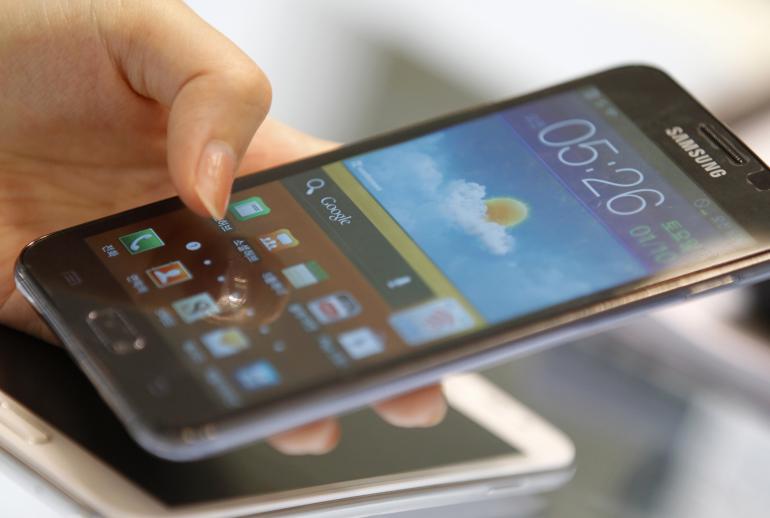How to Install Android 4.4.2 KitKat In Your Samsung Galaxy Note Using Lightning Custom ROM

We have been discussing lately on the process of updating Samsung
Galaxy smartphones to the latest Android OS, KitKat. The Android 4.4.2
KitKat update is officially not released for Samsung Galaxy Note, but
users with model number GT-N7000 can now update their device OS by
flashing the Lightning custom ROM.
According to the developer’s team of Android, the Lightning Custom ROM comes with a multi-window support, over-the-air update support and floating window support and is supposedly fast, smooth and stable. The Lightning custom ROM is based on the latest Android Open Source Project (AOSP) release and as usual, it would require a custom recovery mod such as ClockworkMod for this procedure.
Before we start and get into the nitty-gritty of this tutorial, I would like to reiterate on some of the important points:
Disclaimer – This procedure is meant for the international version of Samsung Galaxy Note phone with model number GT-N7000 only and not for any other smartphone. Any experiment on any other device is solely at the user’s discretion and we wouldn’t be responsible for any ‘phone getting bricked’ situation. All the custom ROMs, firmwares and mods are developed and designed by individual developers and please refrain from holding us responsible in case you happen to damage or brick your device. Users can proceed at their own risk.
According to the developer’s team of Android, the Lightning Custom ROM comes with a multi-window support, over-the-air update support and floating window support and is supposedly fast, smooth and stable. The Lightning custom ROM is based on the latest Android Open Source Project (AOSP) release and as usual, it would require a custom recovery mod such as ClockworkMod for this procedure.
Before we start and get into the nitty-gritty of this tutorial, I would like to reiterate on some of the important points:
Disclaimer – This procedure is meant for the international version of Samsung Galaxy Note phone with model number GT-N7000 only and not for any other smartphone. Any experiment on any other device is solely at the user’s discretion and we wouldn’t be responsible for any ‘phone getting bricked’ situation. All the custom ROMs, firmwares and mods are developed and designed by individual developers and please refrain from holding us responsible in case you happen to damage or brick your device. Users can proceed at their own risk.
- It is vital for the device to be rooted.
- It should also have a custom ClockworkMod recovery installed.
- The user should utterly ensure that a backup has been created for all the data on the phone.
- Undoubtedly, the USB driver interface for the device must be installed and ready in the PC.
- The phone must be at a minimum of 80 percent battery while performing this process.
- Just in case the device faces a boot loop issue or gets stuck during booting, it is necessary to perform a wipe cache partition and wipe dalvik cache, few more time before rebooting.
- It must be ensured that the USB debugging is enabled – done via Settings > developer options > USB debugging.
Tutorial
- Download Lightning ROM Android 4.4.2 for Galaxy Note and Google Apps Package and save it in hard drive memory of PC.
- Connect device to the computer via USB and copy both the downloaded files to root folder of the SD card, i.e. without extracting.
- Disconnect the USB and turn off the phone.
- Boot the phone in Recovery mode by pressing and holding Volume up, Home and Power buttons simultaneously.
- While in recovery mode, select “wipe data/factory reset” using power button. Then perform a cache wipe by selecting “wipe cache partition”.
- Go to Advanced Menu and select “wipe dalvik cache”.
- Go back to home screen of recovery mode and select “install zip from SD card” and then select “choose zip from SD card”.
- Use volume keys to reach the file and press power button to select.
- Repeat the steps again to install Google Apps.
- Once the installation is finished, press “+++Go back+++” to go back to main recovery menu and select “reboot system now”.


No comments:
Post a Comment